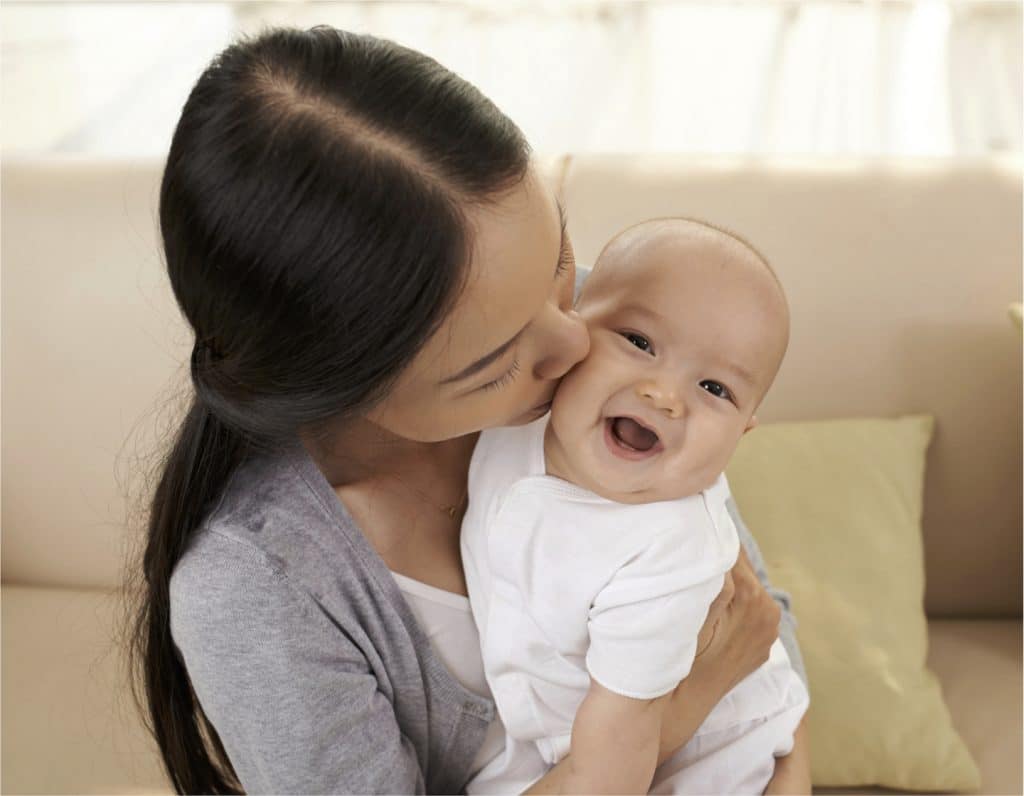
 Post Category - WellnessWellness - Post Category - HealthHealth
Post Category - WellnessWellness - Post Category - HealthHealthNewborns need a lot of care and attention – but so does a new mama!
At CHI Health, looking after a new mama (as well as a new baby) is high up on the list. Here’s why postnatal care is so important.
When you have a newborn, it’s natural that the attention will be focused on the care and well-being of your little miracle. But what about you, mama? Being a new mum is exhausting and all-consuming but it’s essential that you look after yourself – aka #selfcare.
Postnatal care can help identify medical and psychological conditions that may occur after pregnancy as well as provide the mother with the necessary support she needs to deliver the optimum care for her baby.
What postnatal care can I expect after having a baby?
After your delivery you will have a follow-up appointment with your obstetrician, to make sure any complications post delivery, such as bleeding or wound problems, have resolved or continue to be treated. A pap smear/HPV test may be recommended if you have not had one recently and contraception is usually discussed. Your obstetrician may also talk to you about how you are coping and explore your mood as many emotions can be experienced during this postnatal period. If there are no immediate post-delivery medical problems, then you may not have a further obstetric follow-up. However, a visit to your GP can provide you with additional advice and support during the postpartum period.
What are the most common postnatal problems I should look out for?
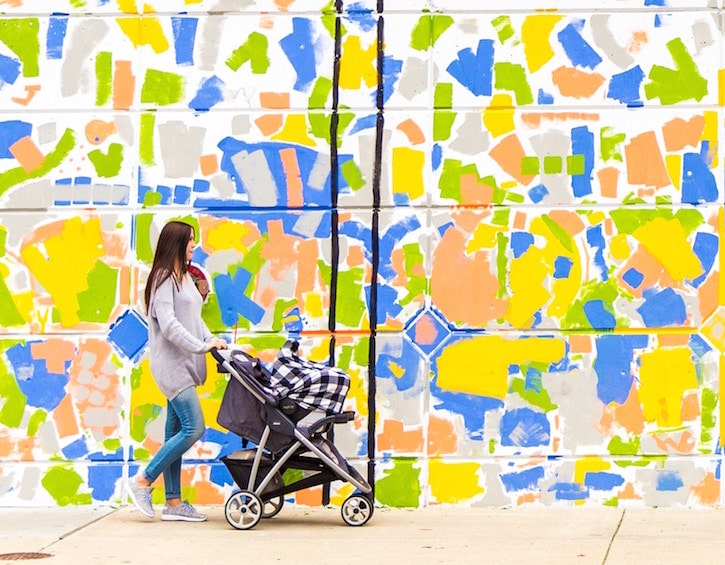
Lifestyle
Being tired all the time seems to be something most mums expect after having a baby. Caring for a newborn is certainly exhausting, so it’s important to be mindful of this and not neglect yourself. Ensure you are getting adequate hours of sleep or rest by calling on additional support from family members or external resources such as a helper, or confinement lady, or night nannies. The better you take care of yourself, the better you can take care of your little one.
Exercise: Taking a short walk with your baby regularly will allow you to get some gentle exercise and fresh air, as well as enjoy the calming effect of being out in nature.
Nutrition: Making sure you are eating a nutritious meal will replenish your minerals and vitamins while giving you the energy you need during this time. Taking the right lifestyle measures will help you to function optimally.
Medical
Pregnancy utilises a considerable amount of nutrients to help with the development of the baby. Depending on the type of delivery you have had, your body may take time and require sufficient nutrients to heal and recover. Some women will experience nutrient deficiencies that may result in symptoms of extreme fatigue, hair loss and a ‘foggy’ head. A consultation with your doctor as well as a blood test can help identify these deficiencies. These can be replaced by natural sources or with supplements. Certain medical conditions are seen more commonly in the postpartum period. These include constipation, haemorrhoids and specific thyroid disorders.

Psychological: Many women experience some form of ‘baby blues’ after giving birth. This may be due to a combination of changes in hormone levels, underlying or previous mental health problems together with the responsibility and challenges of looking after a newborn. Many mums will feel anxious and overwhelmed. These feelings are often temporary, lasting from a few days to weeks. Some will find relief by talking to family, friends or joining a support group of new mums. For others, however, the mood change may be more pronounced and last longer. During postnatal visits, your doctor may ask specific questions that are tailored to assess your mood and identify more serious postpartum mood changes.
Without professional assessment, postnatal depression can be overlooked. About 1 in 10 women will develop postnatal depression and about 1 in 1000 will develop postnatal psychosis, a more severe mood disorder. Early detection of these conditions will allow new mums to get appropriate support in the form of counselling or possibly medication if necessary. In most cases, postnatal depression will improve after 3-6 months but may last longer for some mums.
Pelvic floor: Growing and carrying a baby can put a lot of strain on the pelvic floor muscles that support your expanding uterus and growing baby. Most women will experience some urinary incontinence soon after childbirth, which resolves shortly afterwards, but for some, this problem may persist. Pelvic floor weakness may also result in other problems such as a uterine prolapse or more rarely faecal incontinence. Simple exercises together with Pilates may be sufficient for some women, while others would benefit from a thorough assessment by a physiotherapist specialising in women’s health. In some cases, medical intervention may be required if conservative treatment has not resulted in the desired outcome.
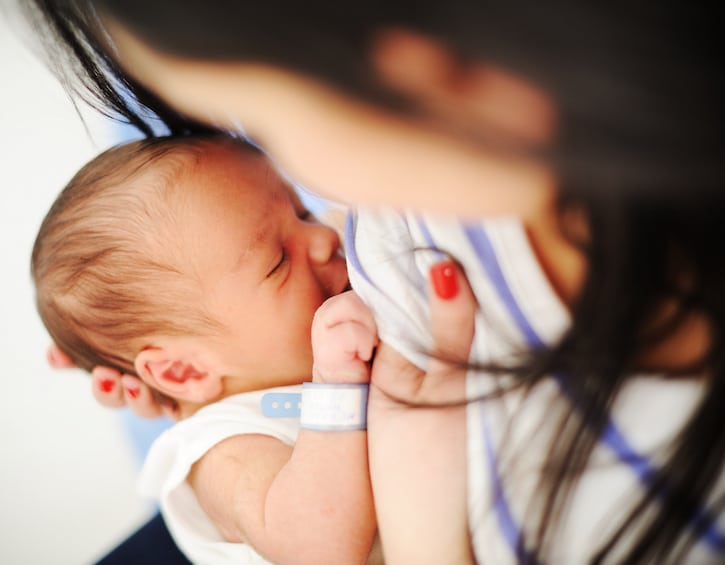
Breastfeeding: Though breastfeeding is ‘natural’, many women struggle with this. Getting the timely and correct lactation advice can make a significant impact on a new mother and her decision whether to continue breastfeeding or not. Lactation advice should be given in the hospital, soon after the baby is born, and continued lactation support is also available in the community once baby and mum are at home. Breastfeeding problems are common and include engorged breasts, blocked milk duct, nipple soreness and thrush, mastitis, reduced milk supply and more rarely a breast abscess. A qualified lactation consultant and your GP can advise on lactation issues. Once properly established, breastfeeding not only provides your little one with the best nutrition available, but is also free and convenient.
So mama, looking after yourself and letting others look after you post-delivery is key to ensure that postnatal problems are identified and treated quickly. That way you can achieve your optimum health and provide the best care for your baby.
Complete Healthcare International (CHI), 45 Rochester Park, Singapore 139249, email [email protected] or Tel: (+65) 6776 2288, www.chi-health.com.sg






 View All
View All
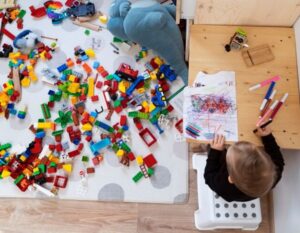




 View All
View All









 View All
View All


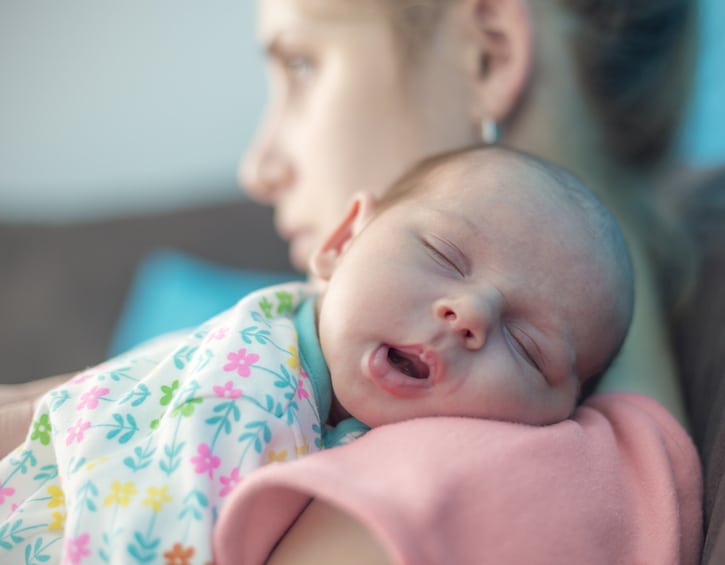



![[𝗦𝗔𝗩𝗘 𝗧𝗛𝗜𝗦] 𝗞𝗶𝗱-𝗔𝗽𝗽𝗿𝗼𝘃𝗲𝗱 𝗗𝗲𝘀𝘀𝗲𝗿𝘁 𝗦𝗽𝗼𝘁𝘀 𝗬𝗼𝘂 𝗖𝗮𝗻 ‘𝗘𝗮𝘁 𝗳𝗼𝗿 𝗙𝗿𝗲𝗲’ 𝗪𝗶𝘁𝗵 𝗖𝗗𝗖 𝗩𝗼𝘂𝗰𝗵𝗲𝗿𝘀! 🍦🍩🧁😉
Before you ask “Can use CDC voucher?” Yes, you definitely can! These spots are perfect for an after-school treat, weekend fun, or just saying “yes” to dessert without saying goodbye to your wallet.
Comment “Sweet” or tap the link in bio for more foodie recommendations!
Got a fave kid-friendly spot that accepts CDC vouchers? Let us know in the comments too!
.
.
.
.
.
.
.
#CDCVouchersSG #SGMumLife #KidFriendlySG #FreeDessert #HeartlandEats #SweetTreatsSG #SGParents #FamilyFunSG #WafflesAndIceCream #BudgetParenting #ThingsToDoWithKidsSG #SGCafes #SupportLocalSG #KidsEatHappy #CDCAdventures](https://www.sassymamasg.com/wp-content/plugins/instagram-feed/img/placeholder.png)
